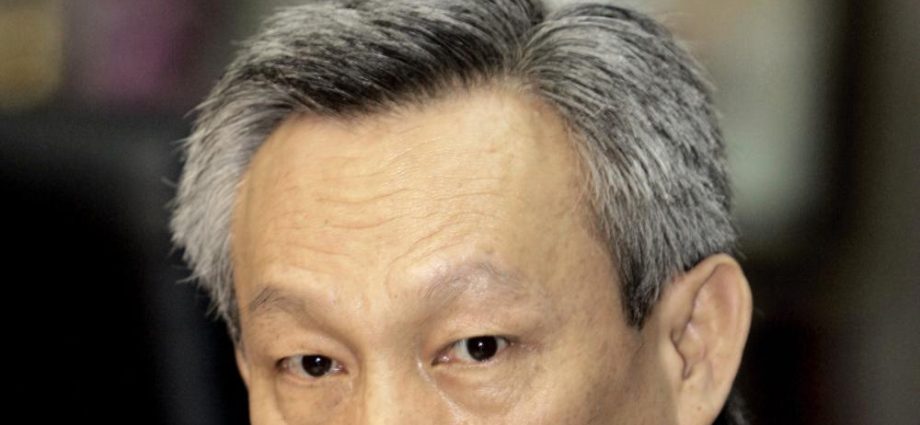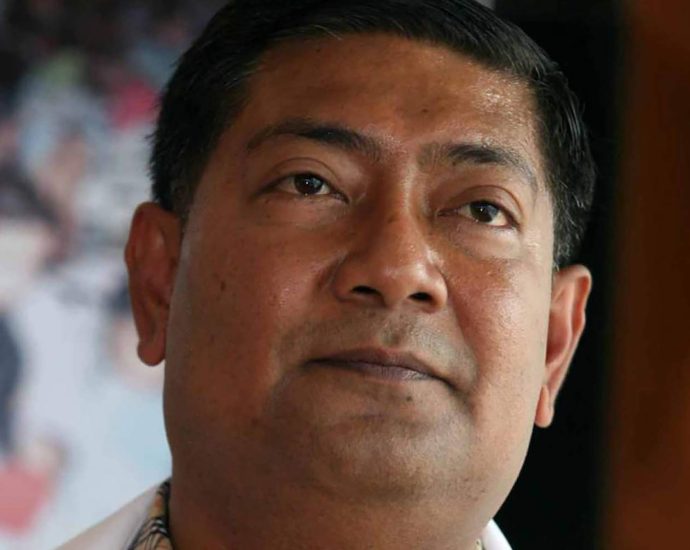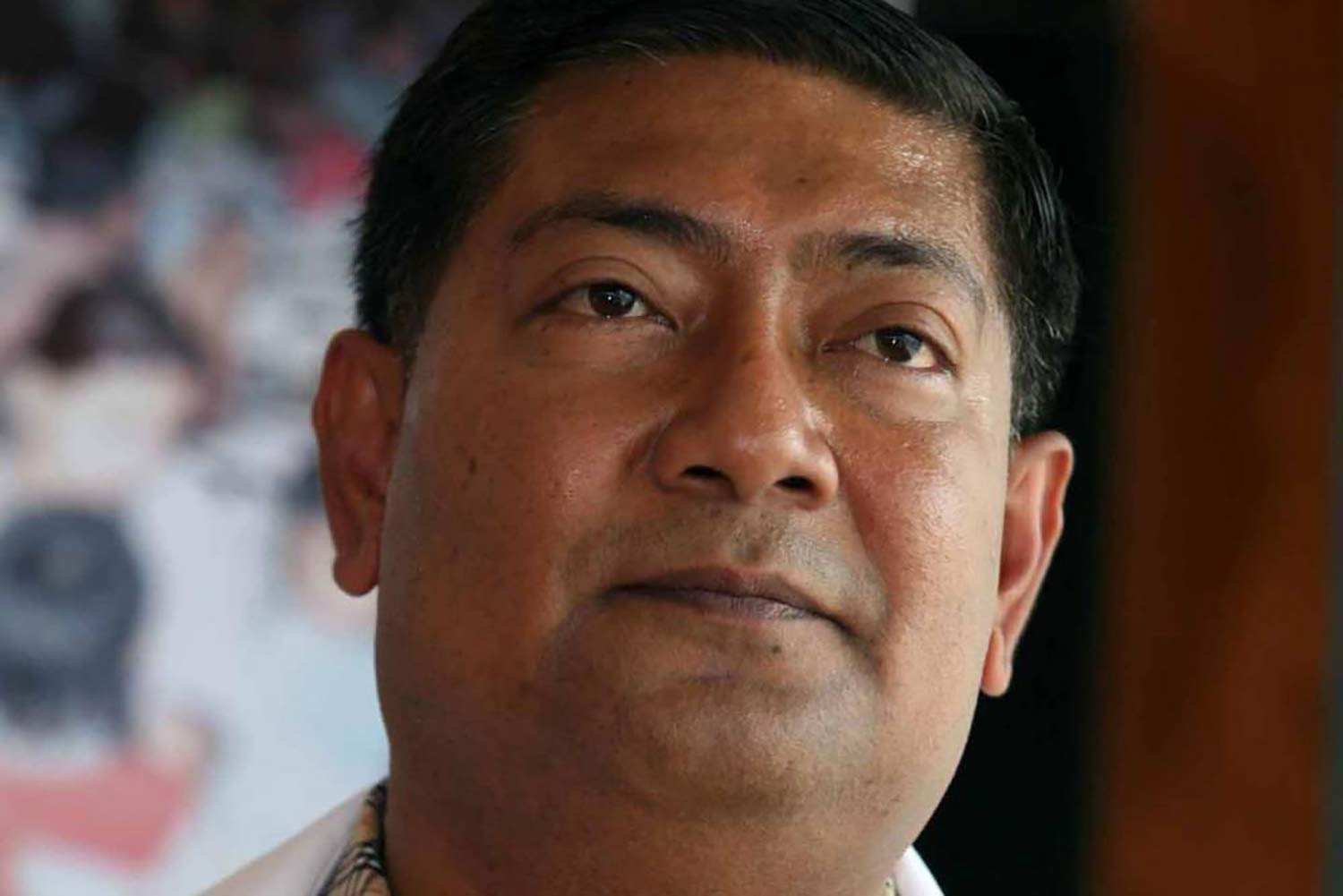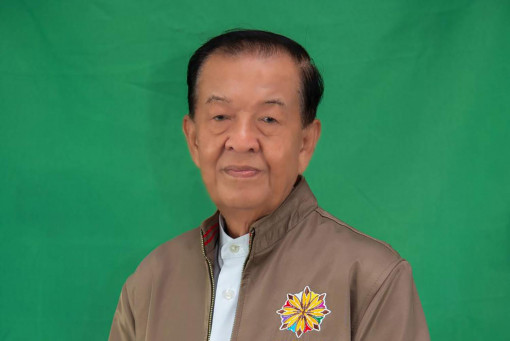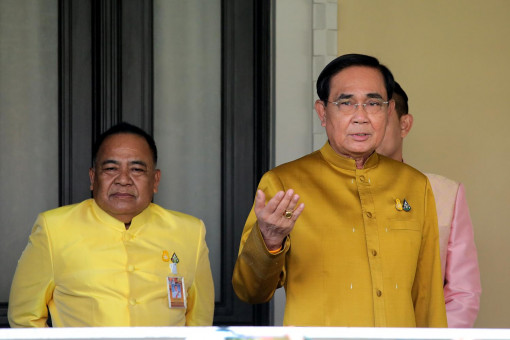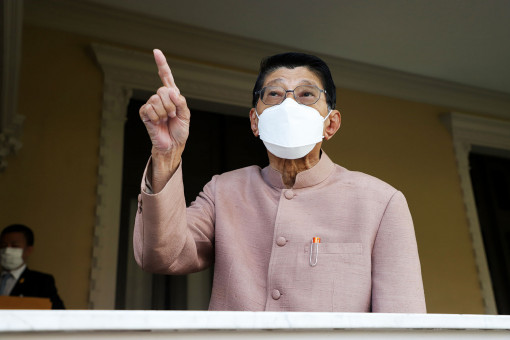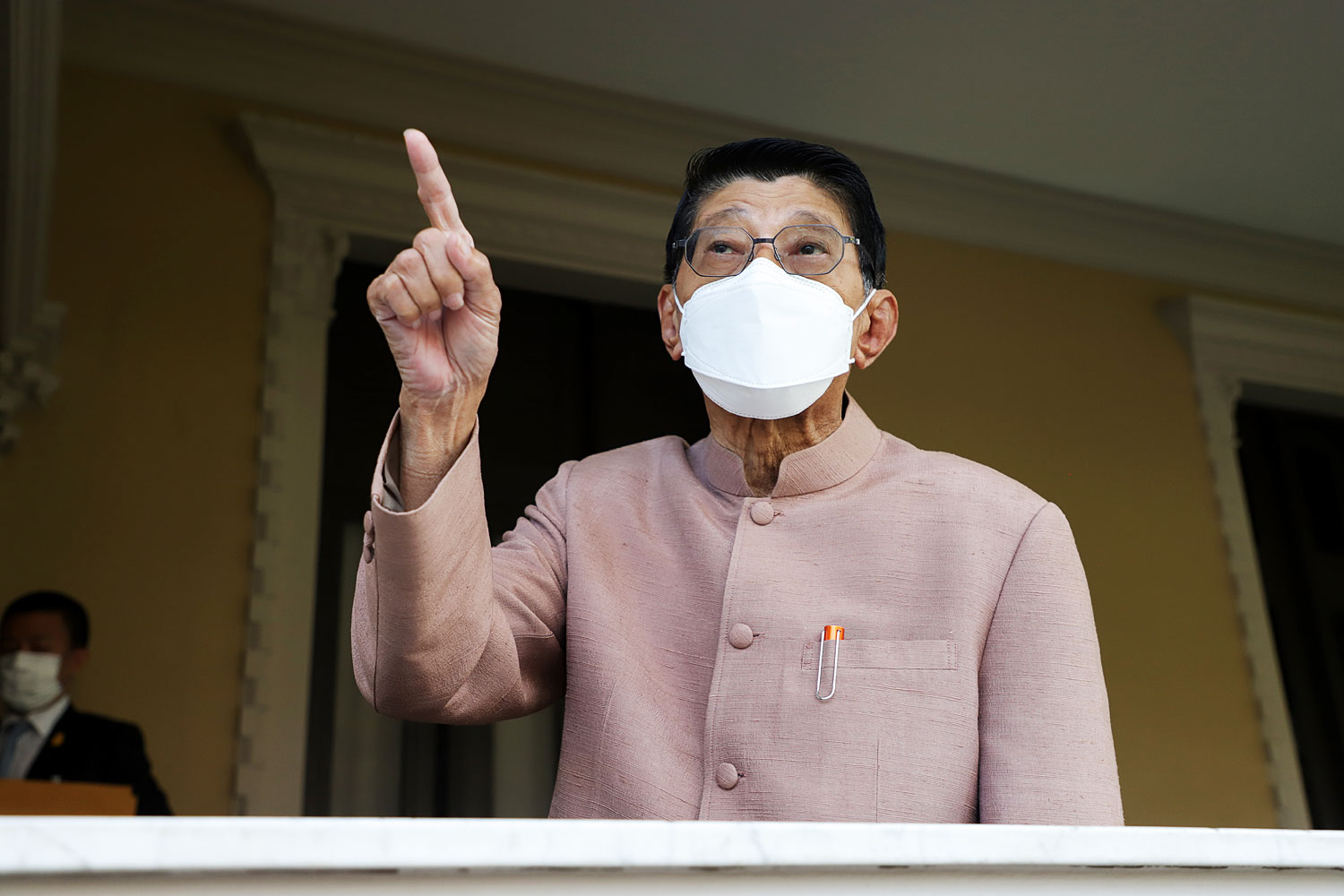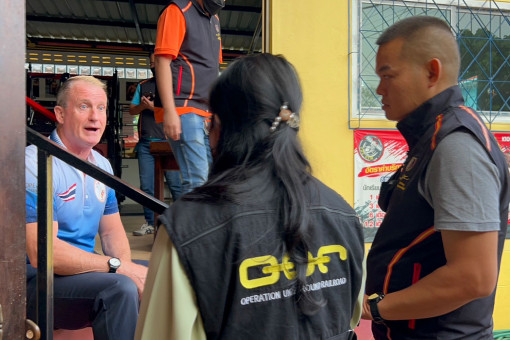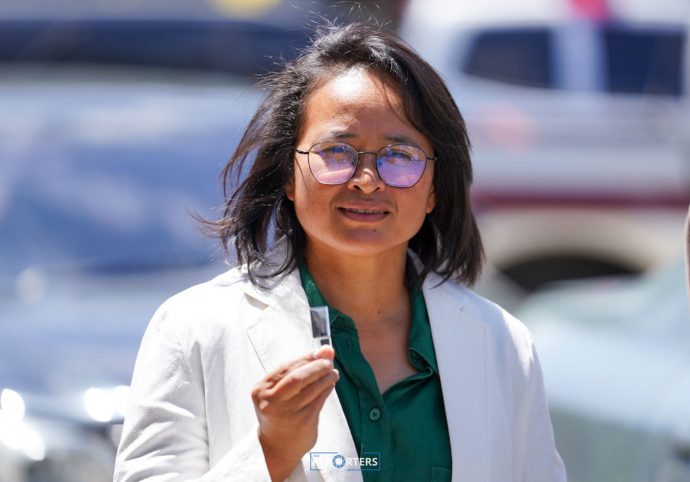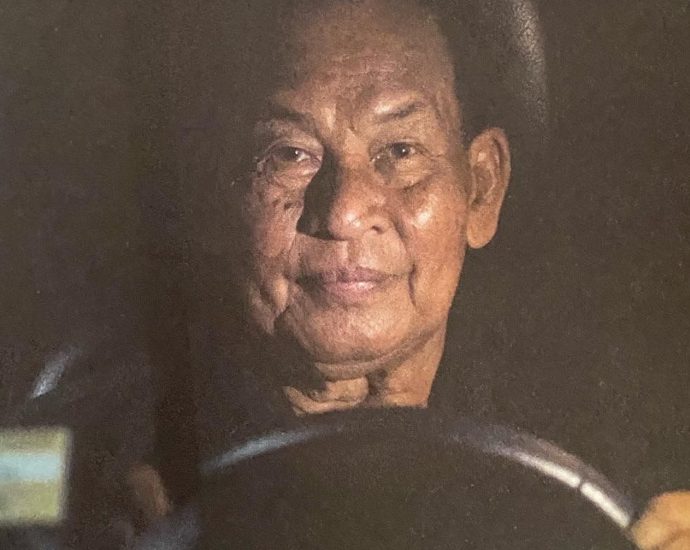Charter court seeks help from the media
PUBLISHED : 26 Jul 2023 at 05:20
The media plays a crucial role in promoting a better understanding between the Constitutional Court and the public, a forum was told.

Jarun: Constructive criticism welcomed
The Office of the Constitutional Court on Tuesday held an annual forum called the Constitutional Court Meets the Media.
In an opening speech, Constitutional Court president, Worawit Kangsasitiam, said the forum aimed to educate the public about the court’s role and improve ties with the media.
The court has attached importance to corporate communication and the media’s role in presenting information regarding the court’s activities so the public can better understand how the court operates based on accurate information, Mr Worawit said.
Jarun Pukditanakul, a former Constitutional Court judge, told the forum that the media holds great importance because the court does not have a media outlet to communicate to the public.
“The media needs to act as a link between the court and the public. It can help explain and promote a better understanding and ease anger and hatred,” he said.
“When the judges want to speak to the public, they can only provide written explanations in court rulings. It is up to the public whether to read, study and constructively criticise the rulings and offer useful feedback to the court,” Mr Jarun said.
“Constructive criticism helps the court improve, but criticism must be based on fairness, accurate information and the rule of law, not false evidence,” he said.
Developing the justice system based on this principle will help improve the political and governing systems as well as the people’s living standards, he said.
Mr Jarun said that some foreign powers are trying to interfere with the country’s justice system. In some cases, they sent their representatives to attend court hearings in what was seen as a move to pressure the judges, Mr Jarun said. However, he did not provide details.
“We must stop any efforts to pressure the court so the judges can hand down a ruling independently,” he said

